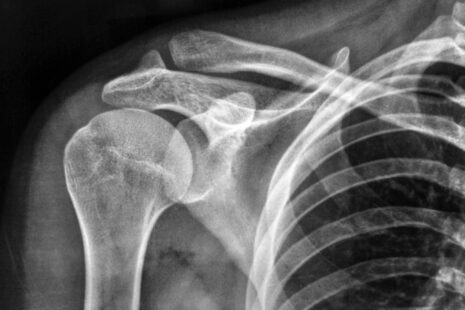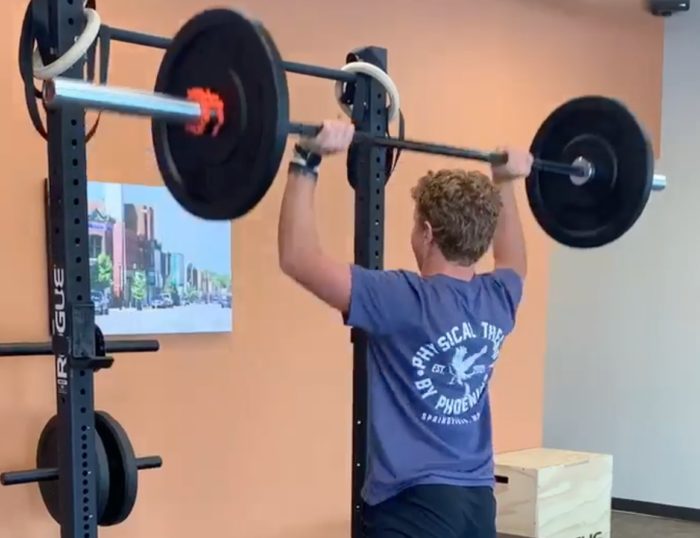Physical therapy is often necessary after an injury, surgery, or medical condition, depending on the nature and severity of the issue. Physical therapy, also known as physiotherapy, plays a crucial role in the recovery and rehabilitation process for many individuals. Here are some key reasons why physical therapy is important after an injury:
- Restoring Function: Physical therapy is designed to help individuals regain function and mobility in the affected body part or area. This is especially important after injuries that impact movement, such as fractures, sprains, or surgeries.
- Pain Management: Physical therapists use various techniques, including therapeutic exercises, manual therapy, and modalities, to manage pain and discomfort associated with injuries. This can be an integral part of the recovery process.
- Preventing Complications: Physical therapy can help prevent complications that may arise from immobility or poor movement patterns. For example, after orthopedic surgeries, physical therapy can prevent joint stiffness and muscle weakness.
- Improved Strength and Conditioning: Rehabilitation exercises and strength training are key components of physical therapy. They help build and maintain muscle strength, endurance, and cardiovascular fitness, which can be particularly important after injuries that lead to muscle atrophy or weakness.
- Promoting Healing: Certain physical therapy techniques, such as manual therapy, can promote blood flow, reduce inflammation, and accelerate the healing process.
- Enhancing Balance and Coordination: After injuries that affect balance or coordination, physical therapy can improve these aspects to reduce the risk of falls and accidents.
- Improving Range of Motion: Physical therapists work on improving joint flexibility and range of motion. This is essential for preventing joint contractures and improving overall mobility.
- Teaching Proper Techniques: Physical therapists educate patients on proper body mechanics and techniques to prevent further injuries and protect the affected area.
- Individualized Treatment: Physical therapy is highly personalized. Therapists assess the individual’s specific condition, goals, and limitations, tailoring the treatment plan to meet their unique needs.
- Psychological Support: Physical therapists provide emotional support and motivation during the rehabilitation process, which can be especially valuable for individuals facing challenging recoveries.
In many cases, a healthcare provider will prescribe physical therapy as part of the overall treatment plan. Patients are encouraged to actively participate in their rehabilitation and work closely with their physical therapist to achieve the best possible outcome.
While physical therapy is crucial in many cases, its necessity depends on the specific injury or medical condition as well as individual factors. Following a healthcare provider’s recommendations and adhering to the prescribed treatment plan is essential for successful rehabilitation.




